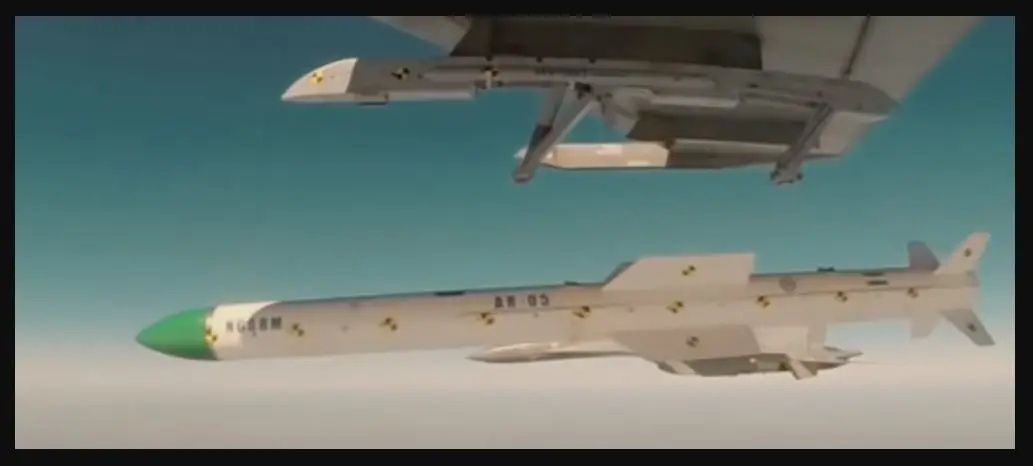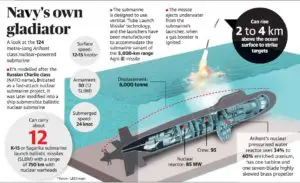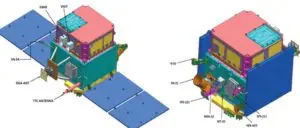
RUDRAM – Anti-Radiation Missile by DRDO | UPSC – IAS
(Type of missile – Air-to-surface anti-radiation missile)
The Rudram-1 previously known as DRDO Anti-Radiation missile (ARM) is an air-to-surface, new generation anti-radiation missile (NGARM) under development by the Defence Research and Development Organisation (DRDO) to provide an air superiority, tactical capability for the Indian Air Force (IAF) fighter aircraft.
New generation Anti Radiation Missile (RUDRAM) was successfully Flight tested on 9 October 2020 – onto a radiation target located on Wheeler Island off the coast of Odisha.
- The RUDRAM is first indigenous anti-radiation missile of the country for Indian Air Force (IAF), being developed by Defence Research and Development Organisation (DRDO).
- The missile is integrated on SU-30 Mk1 fighter aircraft as the launch platform, having capability of varying ranges based on launch conditions.
- It has INS-GPS navigation with Passive Homing Head for the final attack. (Passive Homing Head can detect, classify and engage targets over a wide band of frequencies as programmed.)
- The RUDRAM hit the radiation target with pinpoint accuracy.
Significance of RUDRAM (anti – radiation missile) | UPSC – IAS
This state-of-the-art high speed missile developed in India is first-of-its-kind in the IAF arsenal. The missile will be jointly produced by Bharat Dynamics Limited (BDL) and Bharat Electronics Limited (BEL).
- The missile is a potent weapon for Indian air Force for Suppression of Enemy Air Defence effectively from large standoff ranges.
- With this, the country has established indigenous capability to develop long range air launched anti-radiation missiles for neutralising enemy Radars, communication sites and other RF emitting targets.
- It is designed primarily for suppression of enemy air defenses (SEAD), that can be launched from a range of altitudes for destroying enemy surveillance radars, tracking and communication systems.
| Specifications – RUDRAM Anti-Radiation missile | |
|---|---|
| Mass | 140 kg (310 lb) |
| Length | 5.5 m (18 ft) |
| Warhead | Pre-fragmented warhead |
|
Detonation
mechanism |
Optical proximity fuze |
| Engine | Dual-pulsed rocket motor |
| Propellant | Solid fuel |
|
Operational
range |
100 km to 250 km |
| Flight altitude | 15 km to 500 m |
| Maximum speed | Mach 2 (speed of sound) |
|
Guidance
system |
Mid-course: Inertial navigation system with GPS/NavIC satellite guidance and passive homing Terminal: Millimeter-wave active radar homing |
| Accuracy | 10 m CEP |
|
Launch
platform |
|



